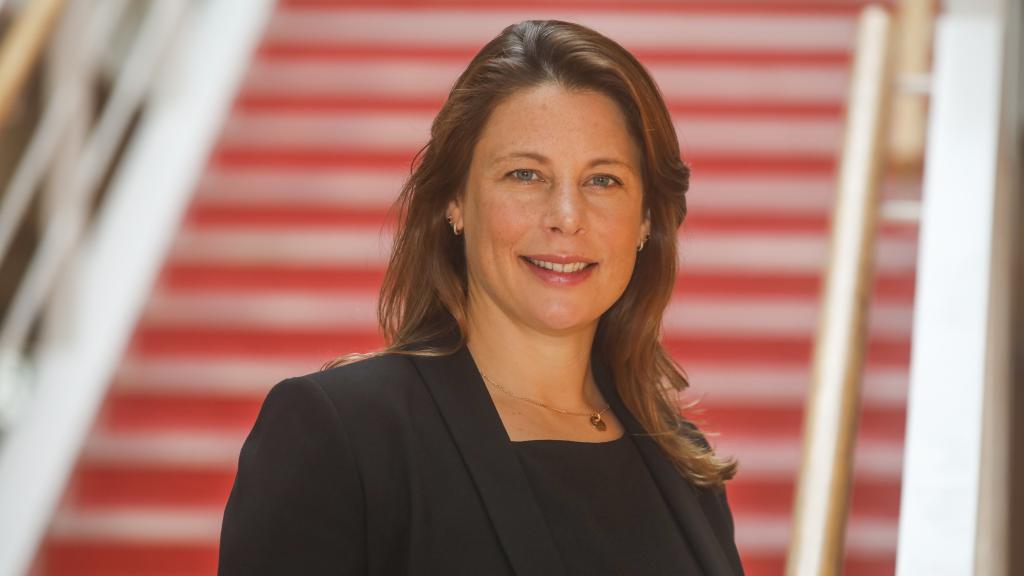
Clinician Research Leadership Award: Prof Aoife Lowery
“When we were engaging with patients with younger children, they would say to us ‘it’s the hair loss that makes my children know I’m sick’. That really struck a chord with us.”
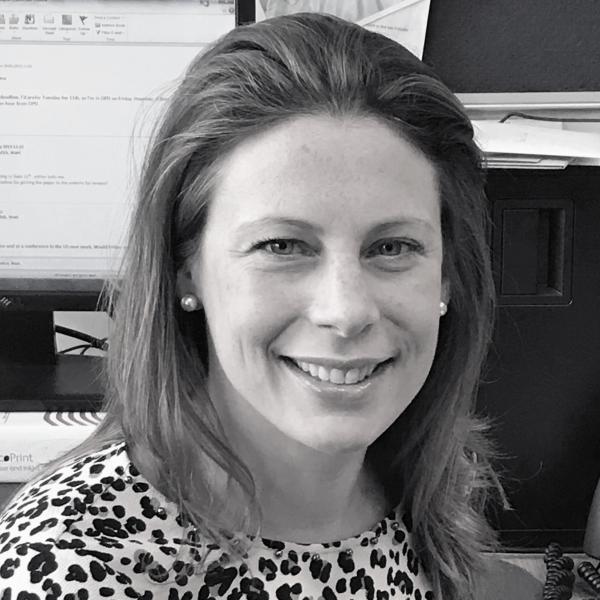
All too often, cancer surgeon Prof Aoife Lowery sees the underappreciated impact that the side effects from treatment can have on patients.
As the outcomes and survival for patients with breast cancer continue to improve, she feels that survivorship issues such as the side effects of cancer treatment are becoming increasingly recognised.
“From a clinician’s perspective we are very focused on treating the cancer and improving survival, and may consider things like hair loss to be an unfortunate side effect of effective cancer treatment,” says Professor Lowery, a recent recipient of the Irish Cancer Society’s Clinician Research Leadership Award that will allow her to dedicate more time to forward-looking cancer research projects.
“But then from talking to patients it becomes clear that this is a real issue for them, even to the extent that there are patients who would stop their treatment early or be less compliant with treatment that is going to cause such side effects.”
A key focus of Prof Lowery’s increased time commitment to research, which is made possible by Irish Cancer Society award, will be on issues faced by patients arising from treatment, with a focus on reducing the burden of cancer treatment for these patients by identifying ways to prevent or minimise associated side effects.
Reducing hair loss
This includes her work with bioengineers at the Translational Medical Device Laboratory in NUIG and Luminate Medical (www.luminatemed.com) on a device aimed at helping patients going through chemotherapy to reduce hair loss. It will improve on currently available approaches such as cold caps by reducing pain and discomfort, and improving ease of use for patients.
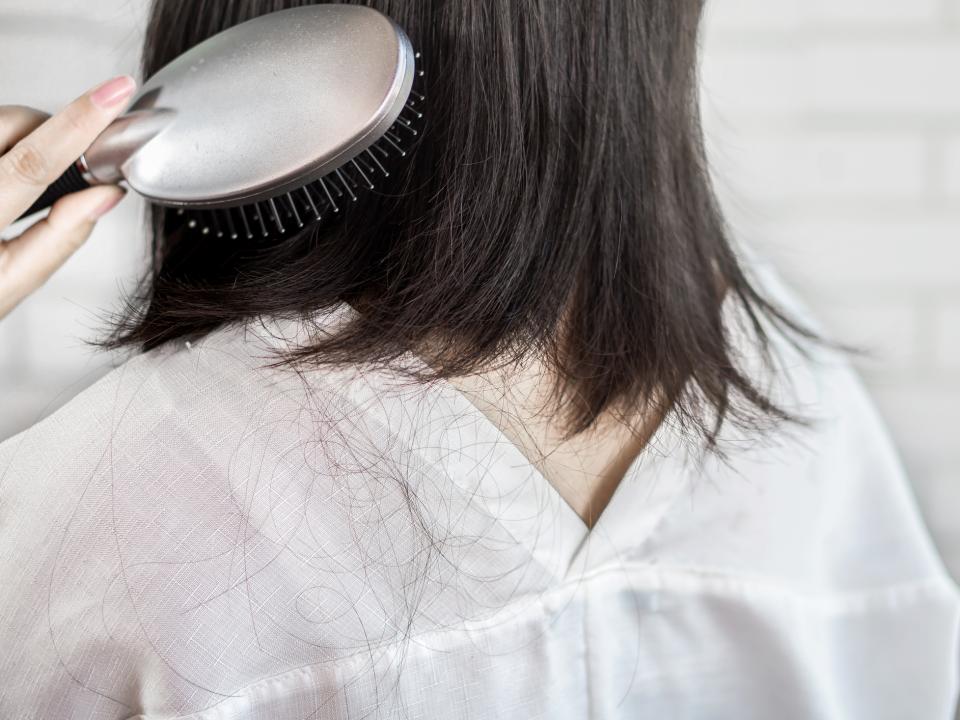
Translational research refers to the process of translating lab-based research breakthroughs into real-world benefits for patients, and the intention is to run the first clinical trial of this device with patients at University Hospital Galway.
The ‘Lily Device’ works by applying a tolerable amount of pressure to a person’s scalp to reduce the bloodflow, thereby reducing the toxic effects of chemotherapy at the hair follicle.
The project has been supported through Enterprise Ireland’s Disruptive Technology Innovation Fund.
“The idea is to develop something that’s smart, wearable and portable. The patient will have personalised settings to control the pressure, they can wear it during chemotherapy but can also leave the hospital with this on,” Prof Lowery says of the device, which is at the advanced prototype development stage prior to hopefully being made available to future patients.
The location of the Translational and Clinical Research Facilities on the grounds of University Hospital Galway are ideally suited to translational research of this kind, according to Prof Lowery.
“That facility is based in the same building as our clinical research facility where we run clinical trials, and the group of engineers who work on translational medical devices are based in the same lab as the breast cancer researchers so we have the opportunity to collaborate frequently on patient-centred cancer research,” Prof Lowery explains.
Breast reconstruction
That flourishing relationship between specialist departments is also contributing to further innovations aimed at helping breast cancer patients and survivors feel better about their body image after treatment.
Another example of a project that Prof Lowery is working on with her bioengineering colleagues, and that she will be able to dedicate more time to through the Irish Cancer Society award, is a novel and improved way of reconstructing the breast after a patient has surgery for breast cancer.
There is a real clinical need for new and improved approaches to breast reconstruction after breast cancer surgery.
“What we’re looking at is a tissue engineering approach using stem cells from the patient’s own fat which are very easy to access via liposuction, and combining them with a biocompatible scaffold to grow more fat cells. This would then be injected into the defect left after a lumpectomy, or in a larger volume to recreate the breast after mastectomy, and the hydrogel scaffold that we are using will keep the cells in place to develop mature fat.”
Prof Lowery is hopeful that this approach will improve on currently available procedures such as fat-grafting and implants, which can lose shape and volume over time as well as other related complications.
She is keen to stress that “interdisciplinary collaborative research between clinicians, scientists and engineers allows researchers to come up with unique solutions to real clinical problems, and this collaborative research environment places us at the cutting edge of this research both nationally and internationally”.
Minimally Invasive Cancer Treatment
At the moment many people with lung cancer tumours must rely on surgery to remove the cancerous growths, which is currently the cornerstone of curative treatment for lung cancer.
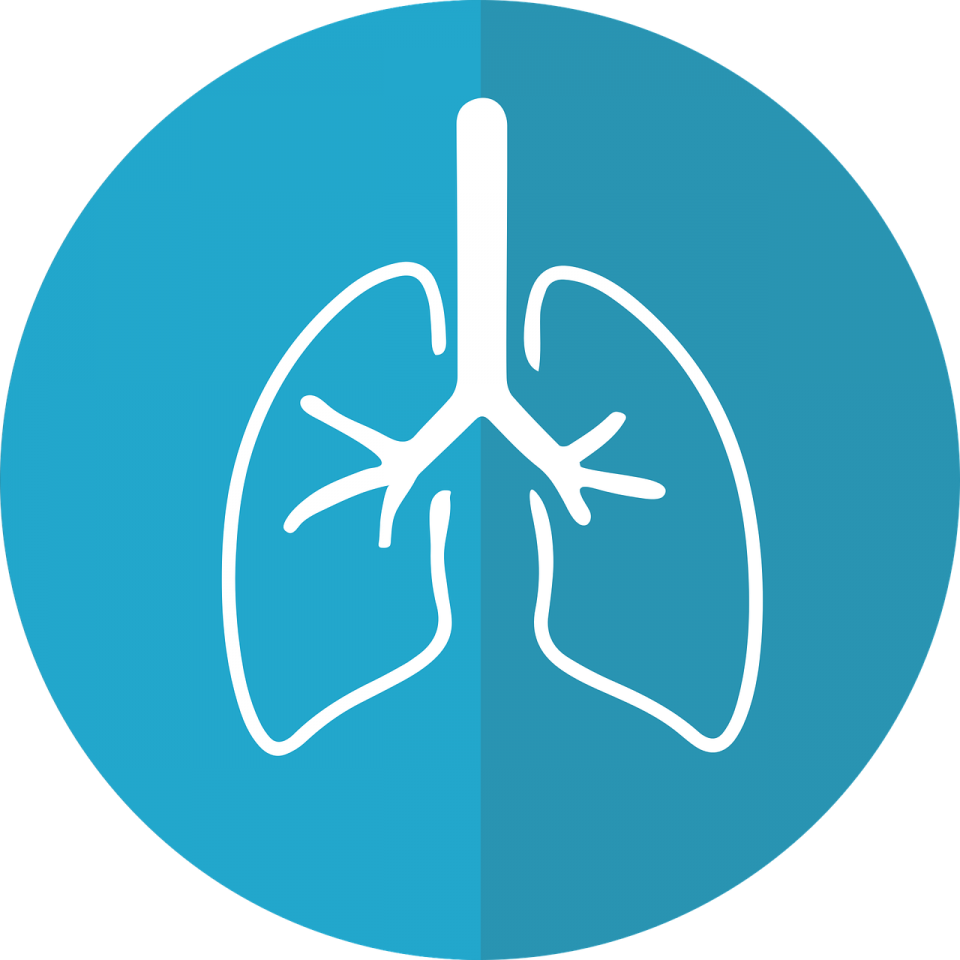
This major surgery can have a “really significant impact on quality of life” for patients, many of whom may have other health issues according to Prof Lowery, and can leave them with post-operative difficulties including pain and shortness of breath.
On top of this, some patients are not suitable for surgery at the time of diagnosis either due to the stage of their tumour or the fact that they have other medical issues that make surgery too risky, even if their tumour is caught at an early stage.
For these patients, treatment options are currently limited.
Prof Lowery predicts that increased use of lung cancer screening in future years will lead to earlier detection of smaller tumours, but there are still limited effective treatment options for patients who cannot have surgery.
The Galway-based researcher is working on another project supported through the Enterprise Ireland Disruptive Technology Innovation Fund that aims to harness a technology known as microwave ablation, which involves applying microwave heat through a small probe to burn the tumour and kill the cancer cells within and around it.
Microwave ablation is more commonly used for solid tumours found in the liver at the moment – although it has been developed to target some easier-to-reach lung cancer tumours – but Prof Lowery and the research team at NUIG are working on a device that can reach even further, and that will use the lowest temperature possible to kill the cancer cells but help preserve the healthy functional tissue within the lung.
“To be able to offer a treatment option to someone for whom there are very few options available would make a real difference.
“We’re trying to look at how the cancer cells respond to heat, and specifically in the dynamic environment of the lung. The lung is particularly complicated because it is continually inflating and deflating, there’s blood running through it and all of these things can affect the microwave heat and how it works on the cancer cells, so we’re currently looking at what’s known as the thermotolerance, or heat tolerance, of cancer cells in pre-clinical models with the aim of ultimately translating it to the clinical setting,” Prof Lowery said of the project.
It is expected that the findings from this research will also be applicable for other solid tumours.
Preventing treatment-related cardiac dysfunction
Prof Lowery will also be using the time made available through the Irish Cancer Society award to examine how breast cancer treatments like chemotherapy, radiotherapy and hormone-based therapies affect the function of the heart.
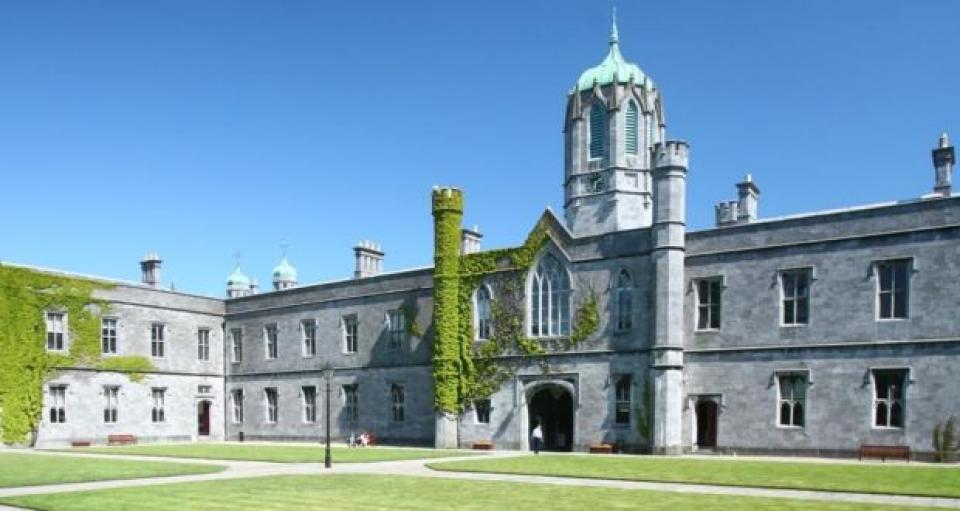
Breast cancer patients are particularly at risk from cardiac complications due to the multiple types of treatment, some of which are targeted at the chest area such a radiotherapy, along with systemic chemotherapy and molecularly targeted treatments such as Herceptin which can cause cardiac dysfunction.
Prof Lowery will be working with a group of cardiologists, medical oncologists and surgeons from NUIG to find out the magnitude and severity of this issue for patients.
The group will also seek to identify how the risk of cardiac dysfunction arising from treatment can be effectively monitored, and will look at personalised treatment options to reduce the risk of this occurring for patients as well as better ways to appropriately treat it if it does develop; again, all with the aim of making life after treatment better for those with cancer.
For Prof Lowery, the Clinician Research Leadership Award from the Irish Cancer Society will provide her the opportunity to bridge the gap between starting research projects that hold the promise of future improvements, and successfully bringing them to completion so they can help patients every day.
“At the moment, particularly with the backlog caused by the cancellations during Covid surges, the clinical workload is very busy and tends to expand to fill all of your time. The funding from this award will be used to provide part-time cover for another doctor to undertake some of my hospital sessions allowing me to then dedicate that time to research - so the clinical work will still carry on, and I’ll have the time to focus on patient-centred cancer research.
“Research has transformed cancer care – this is particularly evident with breast cancer where improvements in diagnosis and treatment have changed this from a disease where survival was quite poor, to those diagnosed early now having over 95% 5-year survival.
“We want to continue that progress and also focus on ensuring that those living through and after cancer treatment have a good quality of life which is not negatively impacted by the side effects of cancer treatment - that is what motivates me.”
The work of Irish Cancer Society funded researchers is made possible through the kind support of the public.
To help support our cancer research please visit www.Cancer.ie/Donate
Contact the Irish Cancer Society Support Line
If you have worries or concerns about cancer, you can speak confidentially to an Irish Cancer Society Cancer Nurse through the Freephone Support Line on 1800 200 700.
Monday to Friday, 9.00am - 5.00pm
